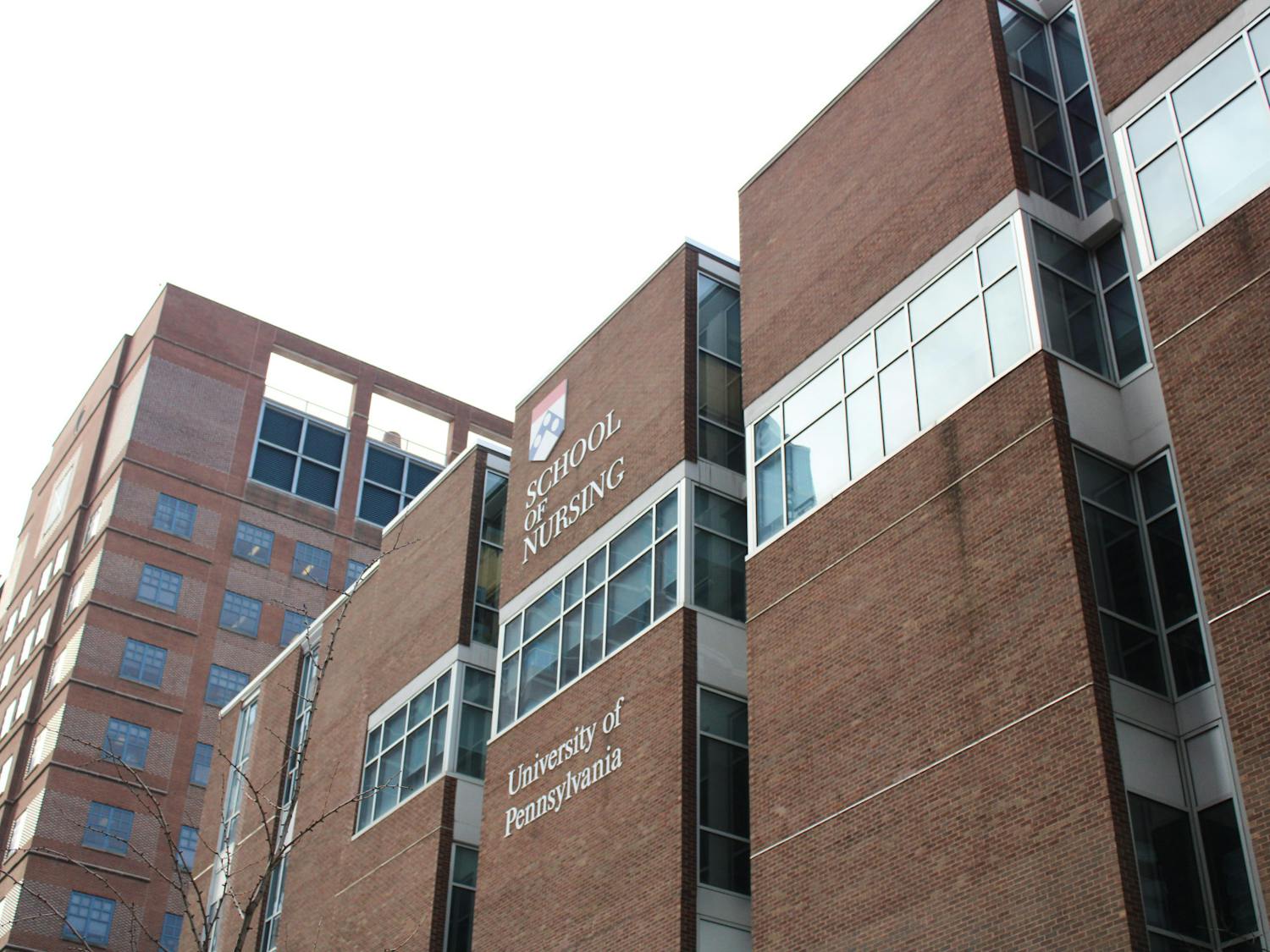Richard Andersen may have discovered a new technology to help patients with spinal cord injuries manipulate outside objects without using their limbs.
Andersen, a professor of Neuroscience at California Institute of Technology, gave the Herman P. Schwan lecture yesterday about his work on cognitive neural prosthetics — a technology that may allow patients to control assistive devices by just thinking about the motions they want to perform.
In his talk, Andersen said he plans to begin a clinical trial in humans in 2011. In the meantime, he does most of his research on monkeys.
Andersen said he implants a probe into the monkey’s brain, which he can use to “decode” the monkey’s thoughts. The experimenters ask the monkey to manipulate certain objects on a screen, and the probe then transmits the monkey’s thoughts to a computer, which performs the desired action.
Most monkeys learn that they don’t need to move their arms to complete the action, Andersen said. The hard part, he added, is trying to record the “reach pattern” the next day — the monkeys don’t want to physically move to complete the task.
“We say they’ve become theorists,” Andersen said.
In order for the probes to work, they must be placed near the appropriate neuron. This has proved challenging, Anderson said, but by implanting probes that can move towards the signal they need, researchers can produce more accurate results.
Although the experimenters are making progress with the technology, Andersen said he was cautious about predicting when it would be on the market. Possible hurdles include the probe’s large size and short life span and the fact that the research is designed to help a small patient population, making it hard to attract corporate funding.
“I think it’s a shame. It’s a very promising product,” said Engineering freshman Eric Berdinis after the lecture. “But I can understand why they don’t fund it, it’s a very new field.”
Though the subject matter may seem esoteric, first-year Engineering graduate student Stephanie Pasquesi said the lecture appealed to a broad audience, adding that Andersen “was able to explain [the material] in a way that was easily understood regardless of your background.”
According to Bioengineering chairman David Meaney, Andersen was a perfect fit to give the address, which is held in honor of former Penn professor Herman Schwan.
“We really try to identify people that are truly pioneers in their careers,” said Meaney. “We think that that embodies what Herman himself was doing.”








